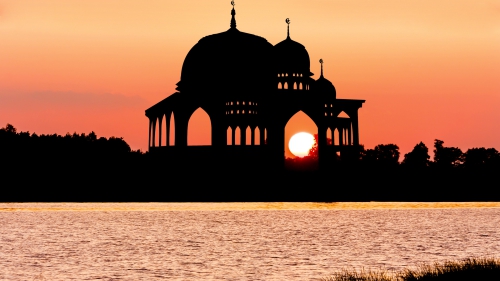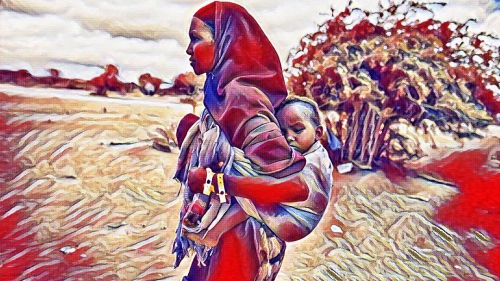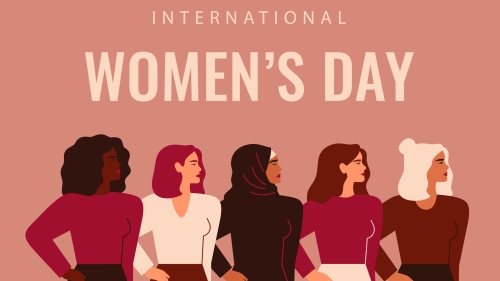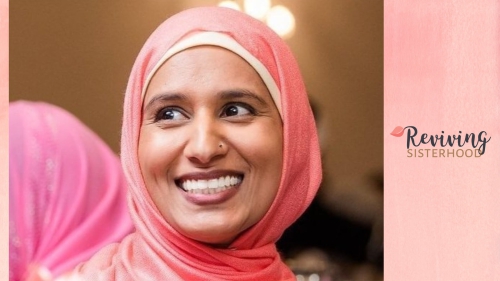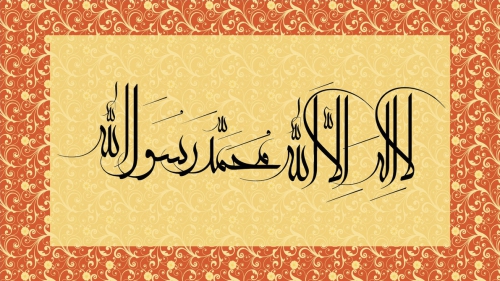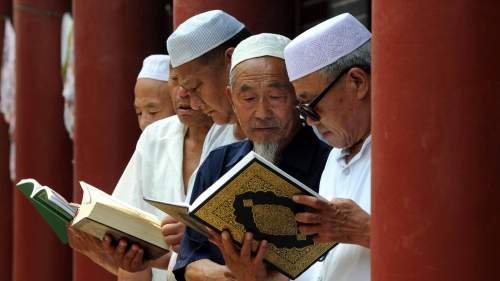Not Free, Figureheads

A common theme since the Arab uprisings started has been the celebration of the role of women in the protests. Some have even gone so far as to say that the "stereotype of the submissive, repressed victim has been shattered by female protesters in Egypt, Tunisia and Yemen". I am not sure that women on the ground in these countries feel the same way, or feel that their participation in the protests is unprecedented.
While I understand how tempting it is to draw grand conclusions from such seismic events, those who say the perception of women has been revolutionized are either jejune or lacking in historical perspective.
It is nothing new. Women have often been at the forefront of popular dissent on the rare occasions when it has happened, and activists such as Nawal el Saadawi have been thorns in the side of Arab regimes for decades. Tawakul Karman, the 32-year-old Yemeni human rights activist, who now finds herself heading the popular protest movement had been a campaigner and agitator long before the protests started.
Soumaya Ghannoushi also cites the case of Saida Sadouni, a 77-year-old woman who is now "widely hailed as the mother of Tunisia's revolution, a living record of her country's modern history and its struggle for emancipation". This is not an uncommon theme.
While the prominence of women in the revolutions has been moving, there is a psychology behind celebrating and glorifying women's political activity when it is part of a popular push. In these times women are almost tokenized by men as the ultimate downtrodden victims, the sign that things are desperate, that even members of the fairer sex are leaving their hearths and taking to the streets. The perception isn't that women are fighting for their own rights, but merely that they are underwriting the revolution by bringing their matronly dignity to the crowd like some mascot.
I recognize this in Tawakul Karman's reports of the salutes and respect she receives from Yemeni tribal leaders and soldiers. She has even been asked whether she would run for president. It will be interesting to see how much the reverential goodwill of the uprising will be extended if Ali Abdullah Saleh is deposed. Somehow I do not see these same tribal leaders and military men pledging allegiance to her as head of state.
Islam's cultural heritage is replete with stories of female warriors fighting alongside the Prophet and withstanding torture and starvation at the hands of their enemies. It is part of the lip service paid to the history of gender equality in the region. In the same way that Bilal bin Rabah, a black disciple of the Prophet who became Islam's first muezzin, is wheeled out any time someone mentions racism in the Arab world, Sumayyah bint Khayyat, the first martyr in Islam, is cited as evidence that women have always been allowed to participate politically. But in reality, religion has little to boast about as far as the advancement of women's rights is concerned.
It is the same currency of "dignity", so emotively useful during the fight, that is used against women once the revolutionary fervor has died down. Last week, Amnesty International called on the Egyptian authorities to investigate "virginity tests" inflicted by the army on women protesters arrested in Tahrir Square. It is alleged that those who were tested were threatened with the charge of prostitution should they be found to be lacking virginity. In the marketplace of rights and demands jostling in the immediate vacuum of the transition of power, women's rights are the first to be relegated.
It is not the removal of dictators that will advance the cause of women in the region. We should not be placated by the fact that men "allowed" women to protest side by side with them, nor should we be lulled into thinking that the dynamic unleashed by the revolution is irreversible.
Nothing is guaranteed. If there is one thing that I have learned from my mother and grandmothers it is that the place of women in Arab society is always in a state of flux, progressing unexpectedly and regressing at other times, like most other human rights, dependent on the economic/political/religious mood. But if the treatment of women is the most accurate barometer and litmus test of the vitality of a body politic, then very little has been revolutionized.
One thing gives me heart: there is an uncommon galvanizing of women across classes and religious inclination. We should take this opportunity not to be complacent. We should remain vigilant and hope this sorority manages to build some real momentum by organizing, campaigning and lobbying in civil groups as opposed to celebrating the shattering of stereotypes.
Source: AltMuslimah - Nesrine Malik
Related Suggestions
Asalaam : To the brother that stated that the Prophet(WAS) states that the country that chooses a woman as leader will not be sucessful, would you please be kind enough to quote the direct hadith and the person who provided this interpretation? If Aisha (Peace be upon her) the wife of the prophet can lead a battle from the back of a camel Then I think possibly there is more than one interpretation roaming out there? Early Islam was financed in its early years by a savvy business woman known as Khadija, another one of the mothers of the believers. I believe all good scholars have a different interpretation, subject to the local beliefs of the cultural practices and ethnic origins from which they emerge. Insh'Allah someday the sun will rise on a new direction of thinking.
Salaams






